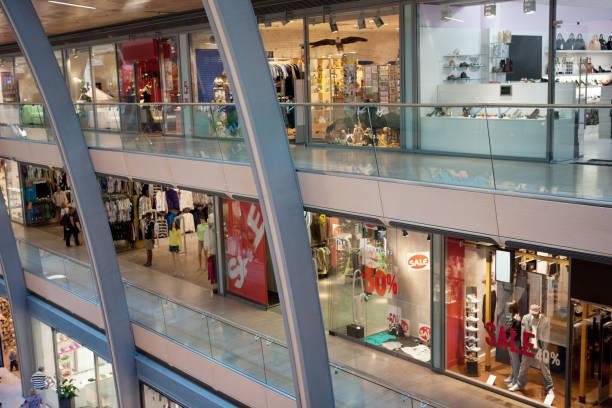Luxury fashion serves as a fundamental segment underpinning the Germany Luxury Goods Market, representing a significant share of revenues and consumer engagement. Driven by growing consumer interest, luxury fashion in Germany blends heritage brands with new entrants focused on innovative and sustainable design.
Germany boasts a rich fashion ecosystem where established houses like Hugo Boss coexist with emerging premium labels catering to younger consumers. This demographic favors multifunctional and ethically produced apparel, which fuels market segments focused on sustainable fabrics and production methods.
Digital transformation is central to this sector’s strength, with brands harnessing AI-driven design, virtual try-on technologies, and influencer marketing to reach a broader audience. Online luxury fashion sales are growing rapidly, supported by improved logistics and data-driven personalization.
Consumers increasingly desire products that express personal values alongside style, leading to demand for limited editions, wardrobe capsule collections, and customization services. Luxury fashion in Germany thus acts as a gateway to a holistic luxury lifestyle that extends beyond clothing to lifestyle choices.
In conclusion, the Germany Luxury Goods Market benefits from a vibrant and adaptable luxury fashion sector that continuously reinvents itself to meet evolving consumer preferences while respecting the country’s rich design heritage.

